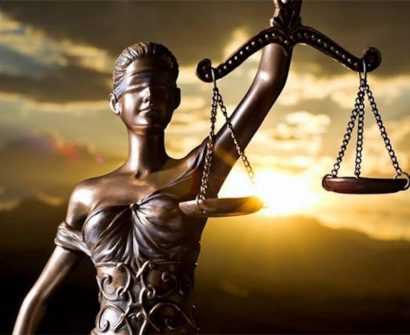
bengal money lenders act was challenged in prafulla kumar v bank of commerce on the grounds that it restricted interest rates and the amount that a money lender may recoup on any given loan. Promissory notes were claimed to be a central issue rather than a state issue. The Privy Council decided that the act was in good form and that the law pertaining to “money lending and money lenders” was a state affair, lawful even in cases where there was unintentional infringement upon “promissory notes,” which is a central matter.
prafulla kumar v bank of commerce Case Facts
- In Indian legal history, the case of prafulla Kumar v bank of commerce, Khulna (AIR 1947, PC 60) is significant. The case concerned the bengal money lender act, 1940, which limited the amount of principal and interest that a moneylender may recover on loans and forbade the payment of amounts that exceeded the Act’s limits.
- By judgment of the High Court of Calcutta dated May 12, 1941, the assets of the Khulna Loan Bank, Ltd. were transferred to the defendants in compliance with section 153a of the indian companies act.
- In certain cases that are presently under appeal before their Lordships Board, the respondents tried to recover debts and interest that they asserted were due on promissory notes that were signed by the borrowers who filed the appeal.
- In other instances, the debtors who filed the appeal requested a ruling stating that the Act’s provisions had at least lessened their debt and, in some situations, that they were qualified to receive compensation for overpayments.
- Not the responders, but the Khulna Loan Company or the Khulna Loan Bank, provided loans at much earlier times. The loans under consideration were made considerably earlier, but the proceedings began in 1941, 1942, and 1948. In each instance, promissory notes that were signed in tandem with the transaction acted as collateral for the loans.
- Section 30 of the Act, the validity of which their Lordships had to determine, provides that the borrower shall not be required to pay an amount exceeding that stipulated in the agreement or in any law in force at the time the Act is implemented.
- As a defense against the moneylender’s claim, a borrower may file a lawsuit about a loan covered by the Act’s provisions up to a certain sum in respect of principal and interest or more than a set percentage of the amount granted.
- This case is important because it forced consideration of the proper jurisdictional boundaries for the federal and provincial legislatures in India, as well as the determination of which subjects fall under Sections 99 and 100 of the Government of India Act, 1935, and the three lists mentioned in its Seventh Schedule, respectively.
prafulla kumar v bank of commerce Issues
- In prafulla kumar v bank of commerce, Khulna AIR 1947, PC 60, the question was whether Schedule 7, List 1 Items 28 and 38 rendered the Government of India Act of 1935 unconstitutional.
prafulla kumar v bank of commerce Judgment
- The case you are referring to is Prafulla Kumar Mukherjee v. The Bank of Commerce, which was resolved on February 11, 1947. The case involved a challenge to the Bengal Money Lender Act, 1940, which set a cap on the amount of money a moneylender may recoup from his loans. It was prohibited to pay principal and interest in excess of what the Act allows.
- By order of the High Court of Calcutta dated May 12, 1941, the assets of the Khulna Loan Bank, Ltd. were transferred to the defendants in compliance with section 153a of the indian companies act. An organization that had been incorporated was the respondent.
- The High Court of Calcutta decided that the Act did not fall under the purview of the Provincial Legislature. On appeal to the Federal Court, the High Court of Calcutta’s decision was reversed. It was determined that the Act was supra vires, and the Bengal Legislature’s power to make laws in India will be restricted. The process for selecting the topics to be addressed by 1935 and the three lists that comprise the Seventh Schedule will be followed.
- The doctrine of pith and substance was applied for the first time in India in this case, which makes it notable. The doctrine determines which list a legislation belongs to by taking into account its true nature and substance. A law does not become invalid if it inadvertently ends up on the State List if the substance is on the Union List.
With the goal of giving students the best coaching available for law entrance exams including the CLAT, AILET, and various other numerous state judiciary exams, Jyoti Judiciary Coaching, India’s Finest educational Platform, was established. Come enrol now with Jyoti Judiciary!
For any latest news, legal topics, judiciary exams notifications, patterns, etc watch Jyoti Judiciary’s YouTube channel for legal videos for any updates at https://youtube.com/@jyotijudiciarycoaching4852?si=2cwubh9d2A9urwJf








